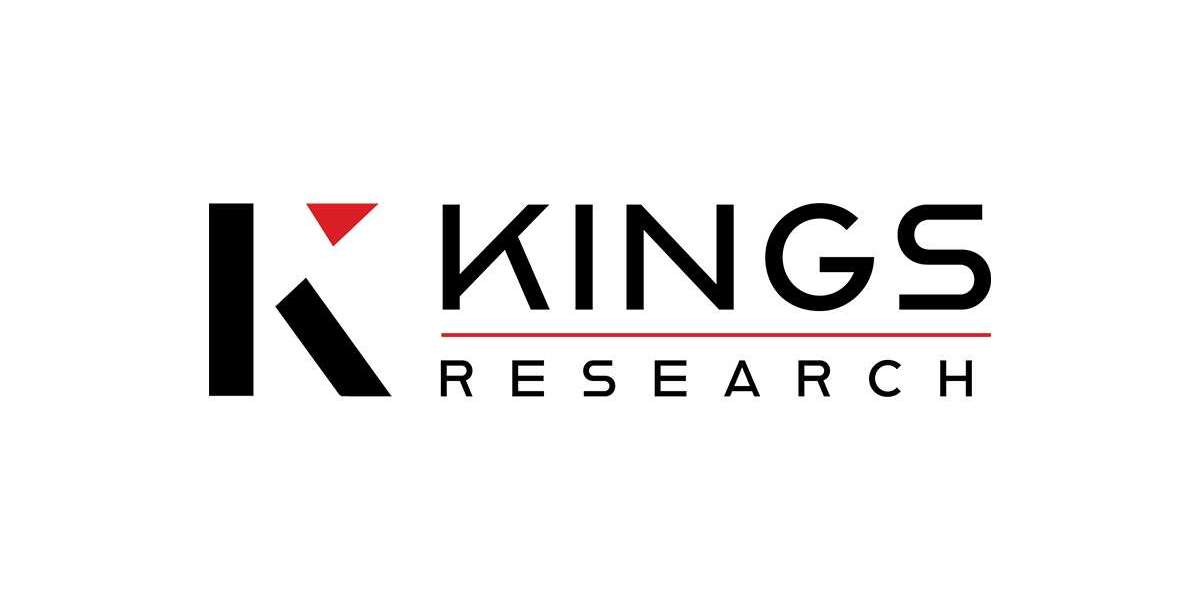In today's tech-driven world, Python has emerged as a powerhouse programming language, especially in the realm of automation. With its simplicity and versatility, Python has become the go-to choice for automating tasks across various domains, from software development to data analysis and beyond. If you're gearing up for a Python automation interview, it's crucial to be well-prepared for the questions that may come your way. Let's delve into some of the top Python automation interview questions to help you confidently navigate your interview.
What is Python Automation? Python automation involves using Python scripts or programs to automate repetitive tasks, streamline workflows, and increase efficiency in various domains. It leverages Python's rich set of libraries and modules to interact with systems, applications, and data, thereby reducing manual intervention and minimizing errors.
How do you handle exceptions in Python? Exception handling is essential in Python automation to gracefully manage errors and prevent program crashes. Candidates should demonstrate their knowledge of try-except blocks and how to handle specific exceptions using Python's built-in exception classes or custom exception handling.
Explain the usage of popular automation libraries in Python, such as Selenium and PyAutoGUI. Selenium is a widely-used automation tool for web testing and browser automation, while PyAutoGUI enables GUI automation by simulating mouse and keyboard interactions. Interviewers may ask candidates to explain the basic usage of these libraries and demonstrate how they can be applied to automate tasks effectively.
What are decorators in Python, and how are they used in automation scripts? Decorators are a powerful feature in Python used to modify or extend the behavior of functions or methods at compile time. Candidates should be able to explain how decorators work, their syntax, and provide examples of how decorators can be applied in automation scripts to add functionalities such as logging, timing, or error handling.
How do you handle file operations in Python automation scripts? File operations such as reading from and writing to files are common tasks in automation scripts. Candidates should be familiar with Python's file handling capabilities, including opening files in different modes, reading and writing data, and properly closing files to avoid resource leaks.
Discuss the role of virtual environments in Python automation projects. Virtual environments are used to isolate Python dependencies for different projects, ensuring a clean and reproducible development environment. Candidates should understand how to create and manage virtual environments using tools like virtualenv or venv and explain the benefits of using virtual environments in Python automation projects.
What are some best practices for writing maintainable and scalable Python automation code? Interviewers may inquire about candidates' coding practices and their approach to writing clean, modular, and maintainable Python automation code. This may include topics such as following PEP 8 style guidelines, writing meaningful docstrings and comments, leveraging object-oriented programming principles, and adopting design patterns where applicable.
Can you explain the concept of web scraping and how it can be achieved using Python? Web scraping involves extracting data from websites programmatically, typically for analysis or automation purposes. Candidates should be able to discuss different approaches to web scraping using Python, including libraries like BeautifulSoup and Scrapy, handling dynamic content with Selenium, and respecting website terms of service and robots.txt guidelines.
In conclusion, mastering Python automation requires not only proficiency in the Python programming language but also a deep understanding of automation concepts, techniques, and best practices. By familiarizing yourself with these top Python automation interview questions and honing your skills accordingly, you'll be well-equipped to ace your interview and embark on a successful journey in the exciting field of Python automation.







